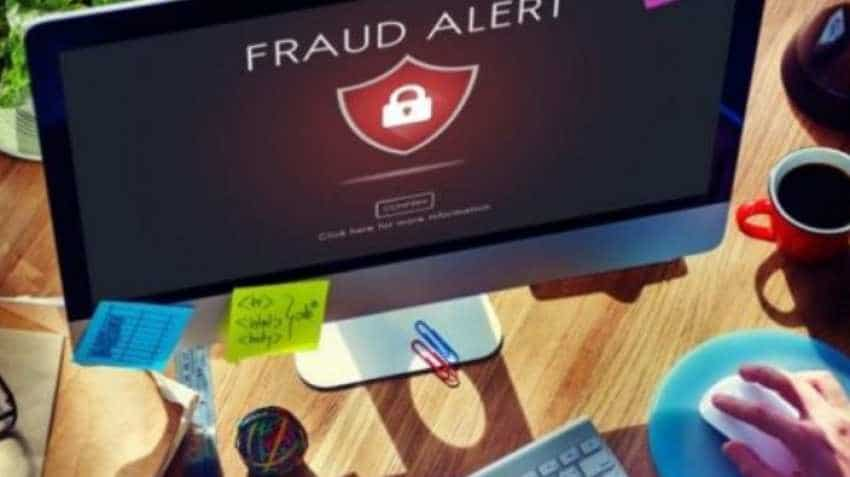Filling income tax online? Beware of these fake refund messages, mails
Income Tax Department of India has initiated number of campaigns to warn people about fake refund messages sent by fraudsters. Digital banking has changed the lives of people by providing almost every facility online.

Income Tax Department of India has initiated number of campaigns to warn people about fake refund messages sent by fraudsters. Digital banking has changed the lives of people by providing almost every facility online. Now, if you use net banking, you are no more required to visit your bank to send money to someone or issue a new cheque book or change your ATM pin. You can do these as well as many other things on your mobile, laptop or computer, sitting comfortably at home or even if you are on the way. Since most net banking users have their email ID linked to the bank, they get transactions and other related information on the mail as well as on the mobile number.
Phishing e-mails/SMS Alert
Income Tax Department never asks PIN, OTP, Password or similar access information for credit/debit cards, banks or other financial account related information through e-mail, SMS or phone calls. Income Tax Department has cautioned taxpayers not to respond to such e-mails, SMS or phone calls and not to share personal or financial information.
How to identify Phishing Emails?
The Phishing mail contains a link to a fraudulent web page similar to your bank's website and logo and could request you for details such as passwords, PIN, OTP, CVV, etc. They may use the email to give you some lucrative offers provoking you to enter your details on the fraud website. Fraudsters often pose as bank officials and send emails to customers from fake email IDs similar to those of the bank.
In order to remain protected and safe from from such frauds, check the domain name carefully. Fake emails will have misspelled or incorrect sounding variants of Income Tax Department web sites and will have incorrect email header.
In case if you have received such phishing / suspicious mail
1. Do not open any attachments as it may contain malicious code.
2. Do not click any links. Even if you have clicked on links inadvertently then do not enter personal or financial information such as
bank account, credit/debit/ATM card, income tax details, etc
3. Try to memorise your bank's website URL like onlinesbi.com is the official website of State Bank of India for its netbanking users.
4. On the other hand, a fake website's URL may be like sbionline.com or onlinesbi.co.in.
5. Always check whether the website URL starts with 'https'.
6. Do not access your account or use your Credit card or Debit card from computers in public places.
12:07 PM IST






 Income Tax Refund Alert! You will lose money from your bank account if you make this mistake
Income Tax Refund Alert! You will lose money from your bank account if you make this mistake Aadhaar card and PAN Card-New Rules: Know everything before paying your income tax this year
Aadhaar card and PAN Card-New Rules: Know everything before paying your income tax this year Income Tax return filing: Here are all the changes in ITR form for FY 2019-20
Income Tax return filing: Here are all the changes in ITR form for FY 2019-20 How to your income tax online: Check this simple guide
How to your income tax online: Check this simple guide All India ITR launches guidelines to assist companies in Filing e-Form Active (INC 22A)
All India ITR launches guidelines to assist companies in Filing e-Form Active (INC 22A)